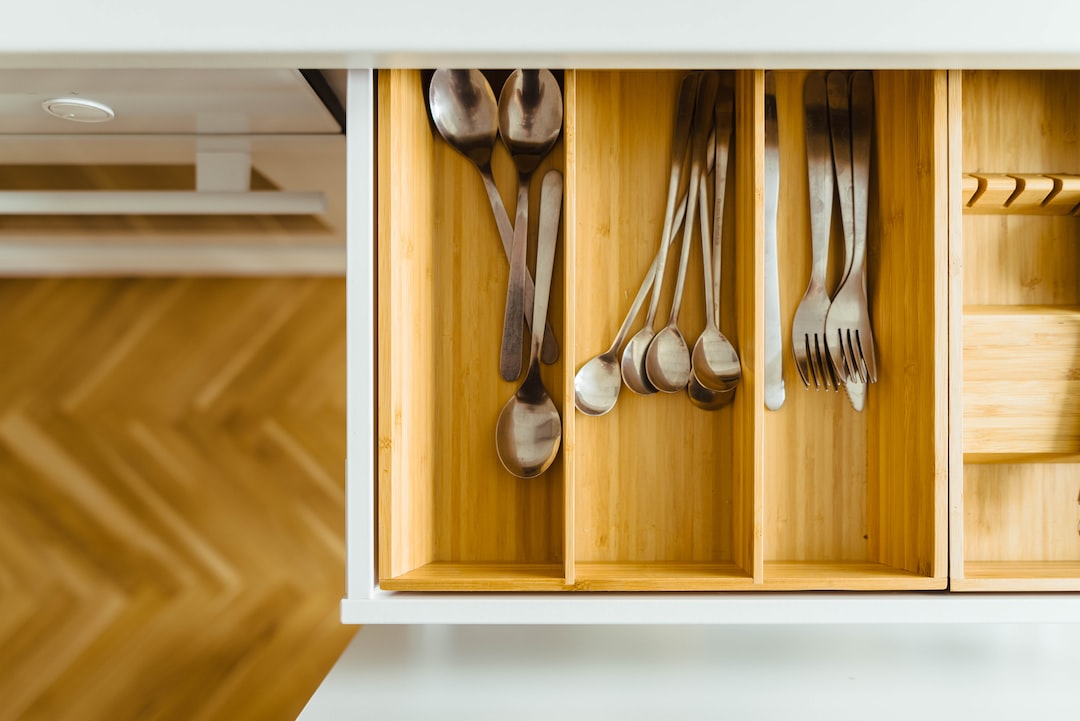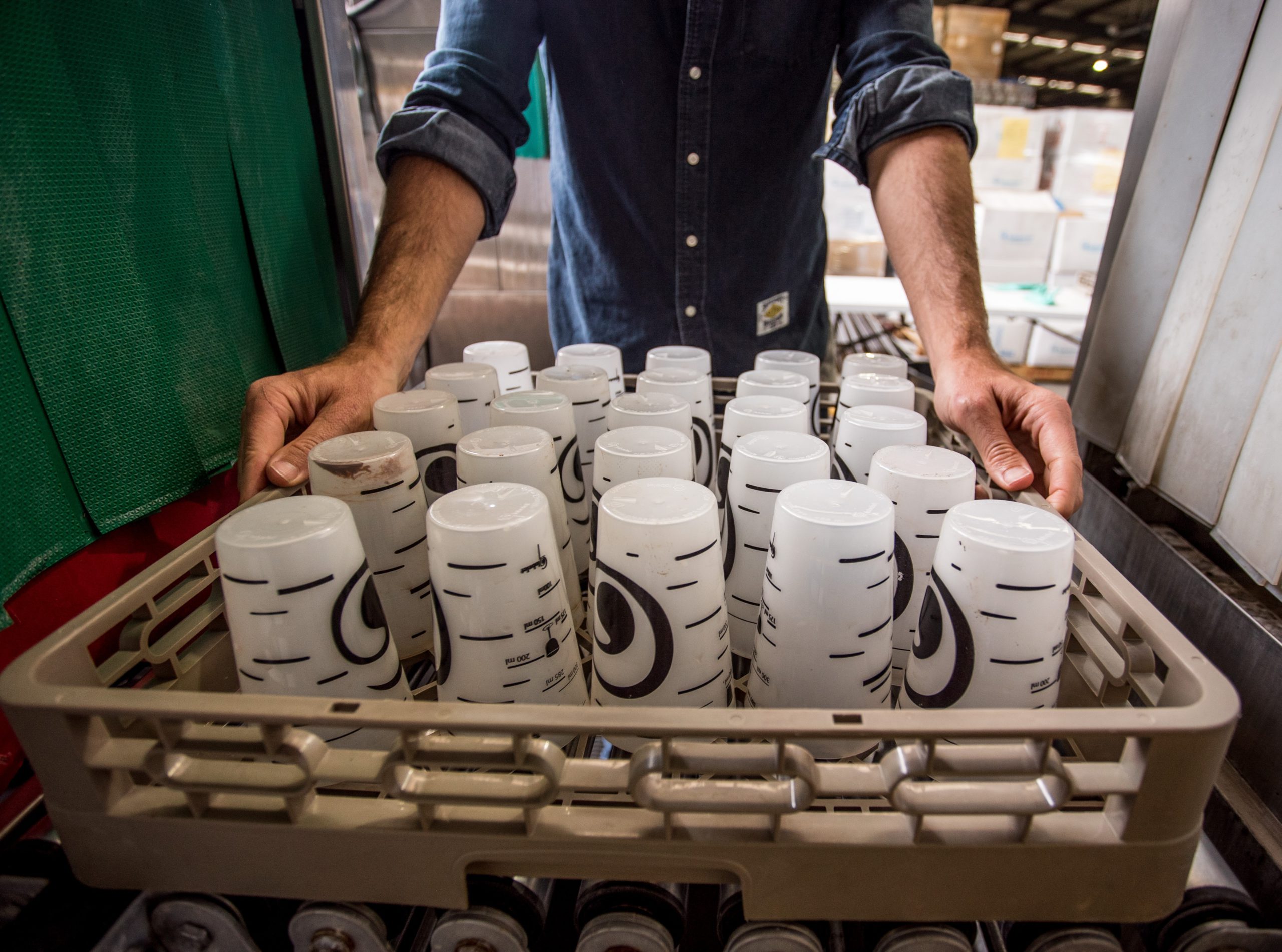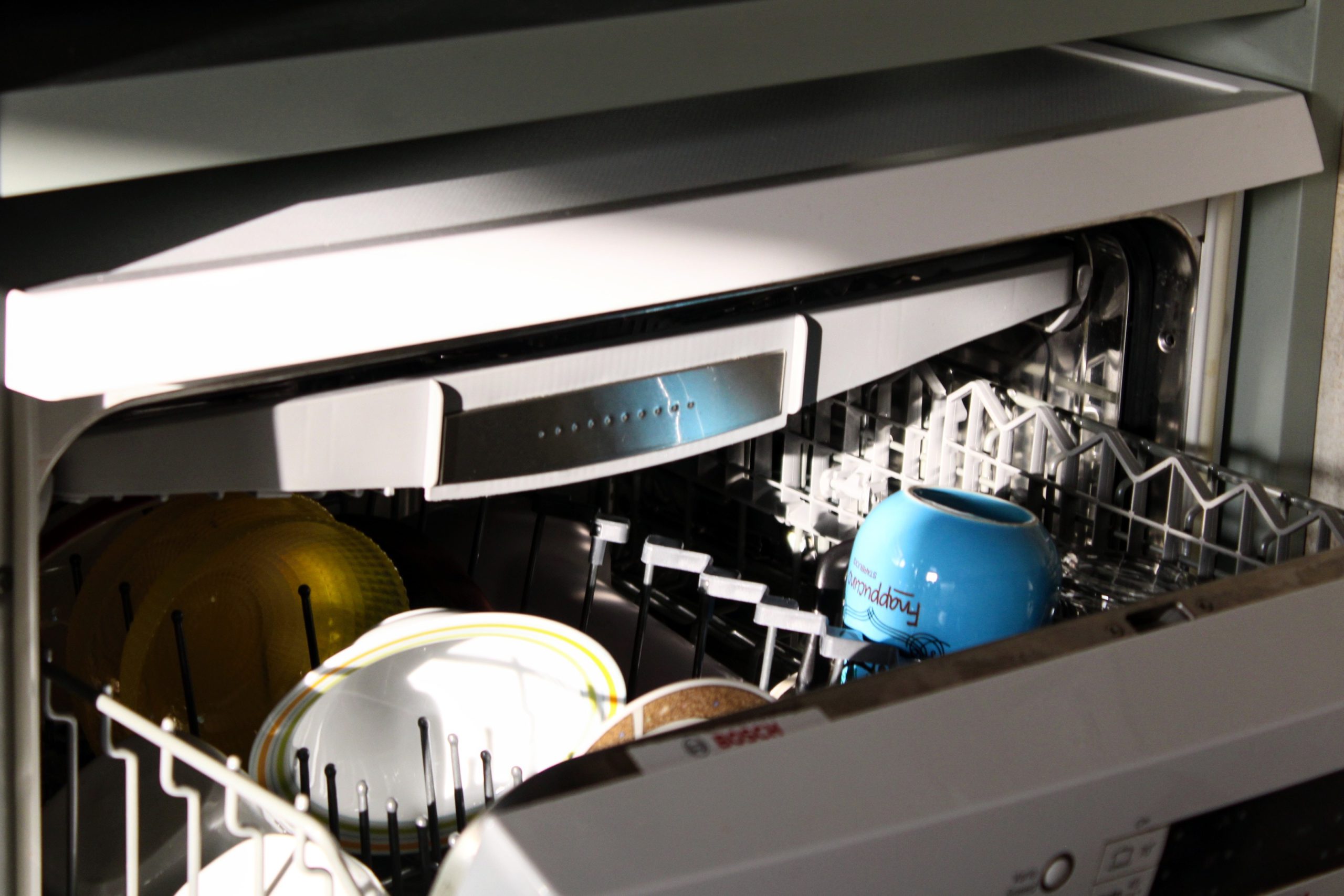Ladle of Contents
Key Takeaways
– Bamboo utensils are sustainable and require hand washing and occasional oiling.
– Wooden utensils are classic, germ-resistant, and environmentally friendly, but they stain easily and require regular oiling.
– Silicone utensils are affordable, heat resistant, and come in various colors, but they can be damaged by sharp objects and some may contain fillers.
– Metal utensils are durable, easy to clean, and dishwasher safe, but they can cause superficial scratches on stainless steel cookware.
Bamboo Utensils: Sustainable and Eco-Friendly Options
Bamboo utensils have gained popularity in recent years due to their sustainability and eco-friendly nature. Bamboo is a fast-growing grass that can be harvested without causing any harm to the environment. This makes bamboo utensils an excellent choice for those who are conscious of their carbon footprint.
In addition to being sustainable, bamboo utensils also have a natural antimicrobial property, which makes them resistant to bacteria and germs. This makes them a hygienic option for cooking and serving food.
However, it is important to note that bamboo utensils require special care. They should be hand washed with mild soap and warm water, and they should be dried immediately to prevent any moisture from seeping into the bamboo. Additionally, bamboo utensils should be oiled occasionally to maintain their longevity and prevent them from drying out.
Wooden Utensils: Classic and Germ-Resistant
Wooden utensils have been used for centuries and are considered a classic choice for cooking and serving food. They have a natural beauty and warmth that can enhance the aesthetic appeal of any kitchen.
One of the key advantages of wooden utensils is their germ-resistant nature. Wood contains natural antimicrobial properties that can help prevent the growth of bacteria and other harmful microorganisms. This makes wooden utensils a safe and hygienic option for food preparation.
However, wooden utensils require regular maintenance to keep them in good condition. They should be hand washed with mild soap and warm water, and they should be dried immediately to prevent any moisture from seeping into the wood. Additionally, wooden utensils should be oiled regularly to prevent them from drying out and to maintain their natural beauty.
Silicone Utensils: Affordable and Heat Resistant
Silicone utensils have gained popularity in recent years due to their affordability and heat resistance. Silicone is a synthetic material that is derived from silica, a naturally occurring mineral. It is known for its flexibility, durability, and heat resistance.
One of the key advantages of silicone utensils is their affordability. They are generally more affordable than other types of utensils, making them a budget-friendly option for many households.
Additionally, silicone utensils are heat resistant, which means they can withstand high temperatures without melting or warping. This makes them ideal for use in the kitchen, especially when cooking or baking at high temperatures.
However, it is important to note that silicone utensils can be damaged by sharp objects. They should be used with caution and should not be used to cut or chop food. Additionally, some silicone utensils may contain fillers, which can affect their quality and durability. It is important to choose silicone utensils that are made from high-quality materials to ensure their longevity.
Metal Utensils: Durable and Easy to Clean
Metal utensils, particularly stainless steel utensils, are known for their durability and ease of cleaning. They are strong, resistant to rust and corrosion, and can withstand high temperatures without warping or melting.
One of the key advantages of metal utensils is their durability. They are built to last and can withstand heavy use without breaking or bending. This makes them a reliable option for everyday cooking and serving.
In addition to their durability, metal utensils are also easy to clean. They can be washed in the dishwasher or hand washed with mild soap and warm water. This makes them a convenient option for those who prefer low-maintenance utensils.
However, it is important to note that metal utensils can cause superficial scratches on stainless steel cookware. While these scratches do not affect the performance of the cookware, they can be unsightly. To minimize the risk of scratches, it is recommended to use metal utensils with caution and to avoid using them on non-stick or delicate surfaces.
Conclusion: Choosing the Best Metal for Cooking Utensils
When it comes to choosing the best metal for cooking utensils, it ultimately depends on personal preference and specific needs. Bamboo utensils are sustainable and eco-friendly, wooden utensils are classic and germ-resistant, silicone utensils are affordable and heat resistant, and metal utensils are durable and easy to clean.
Consider factors such as sustainability, hygiene, affordability, heat resistance, and ease of cleaning when making your decision. It is also important to take into account the specific requirements of your cookware and to use utensils that are compatible with them.
By choosing the right utensils for your cooking needs, you can enhance your culinary experience and ensure that your cookware remains in good condition for years to come.








